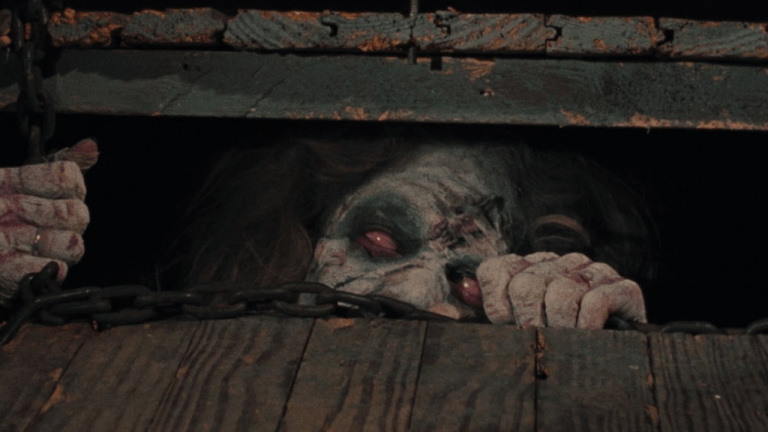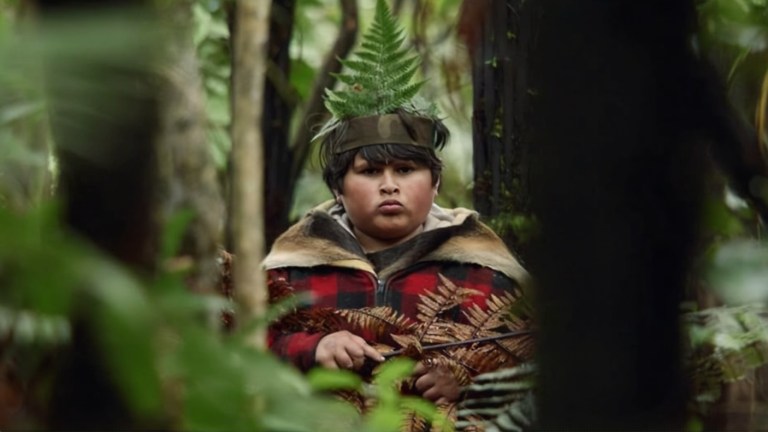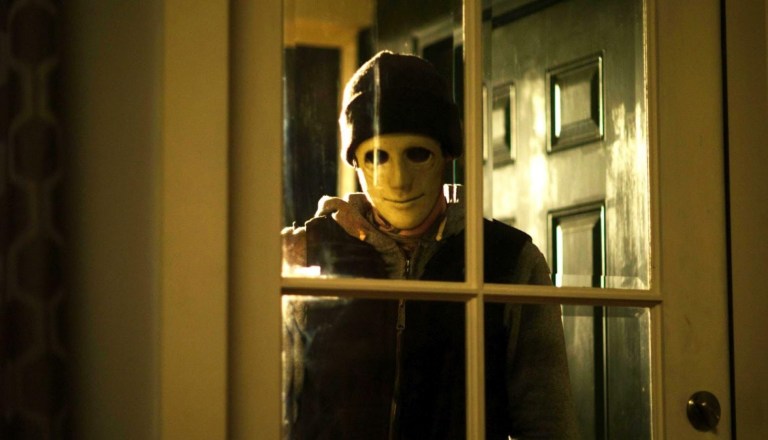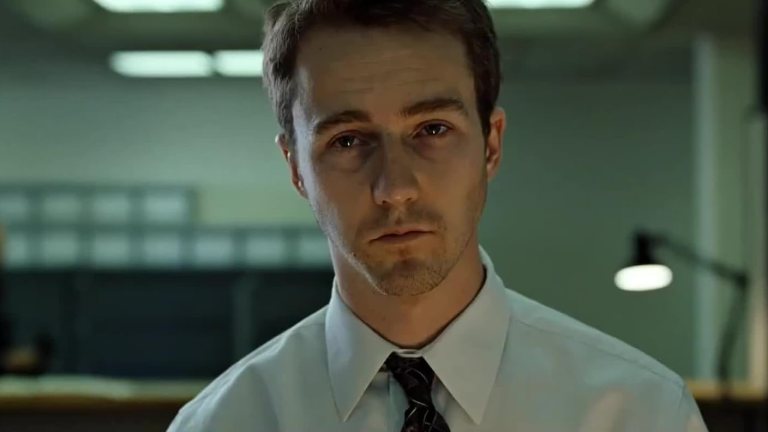
You’re Alone All The Time
You’re alone all the time. At first it’s unbearable and agonizing and physically painful, the sense that you no matter what you do, you will do it in solitude.
By Molly Gard
You’re alone all the time.
That’s the well-kept secret. When they talk about living independently for the first time, it’s not about doing your own laundry or waking yourself up in the morning or paying your own utilities. Independent is a fancy word for alone, and that’s why so many capable people struggle. People who thought that they were prepared, that they would flourish under this new system because they had been functioning at such a high level for such a long time. Nobody mentioned that the challenge isn’t functioning. The challenge is doing anything other than functioning. The challenge is to transcend being and start living again.
And maybe it sounds easy because all your basic needs are still being met, and many elements of your former life are still around in one form or another. Look, there’s a soccer game over there, here’s a band you can play in, here’s where you can drink coffee, here’s a camera you can use. It’s all the same, really. What do you mean there’s nothing to take pictures of? There’s buildings and trees and people. Just point and shoot.
So you arrive, after months of waiting and longing, arrive thinking that your new life will be your old life but better, knowing that specifics from your past won’t transfer but hoping that all the important things carry over. And maybe you get lucky. Maybe some do. But maybe nothing feels like home. And that brings us back to the thesis:
You’re alone all the time. At first it’s unbearable and agonizing and physically painful, the sense that you no matter what you do, you will do it in solitude. At first you die a little more every hour on the hour, you cringe whenever something reminds you of the past, which of course happens every moment. But slowly, you adjust. Soon, it’s only the mornings that hurt, when you wake up and realize you’re still alone, and the evenings when you’re tired and you spent all day winding yourself up and you don’t have any more energy to cope. And then, soon enough, the mornings and evenings are bearable too. You learn to use any human interaction as energy to get you through the day, or you learn to survive in isolation, maybe even embrace it. You become more and more comfortable spending hours or entire days without speaking to anyone. Sometimes, when you absolutely cannot take it anymore, you call your mother, or chat with someone who suddenly means more to you than they ever did before. But you function. You make it through. You have good days and bad days, like any other person. Sometimes you laugh at a joke, and then immediately marvel at the miracle of someone making you laugh, of someone else bringing you joy again. Every once in a while, someone might hug you, and it’s the best thing, even if you don’t know why.
So that’s the plateau. Where you’re fine. Where you smile through the good days and wade your way through the bad. And sometimes you feel great, and you chastise yourself for feeling over-dramatic earlier, and your confidence in your new life swells. And sometimes you break, and you consider flying or driving home right that second because you cannot handle another hour of the emptiness gnawing inside you. Gradually, your highs get a little bit higher, and your lows get less frequent, and you start describing life as “good” instead of “fine” and you generally mean it. You’re doing well. Sometimes you even feel alive.
But then your sister comes to visit, or your boyfriend, or some pal from high school. And you remember what it’s like to not just know people but understand them, to know their habits and their preferences, to recognize their shirts, to touch them without thinking about it. You remember how good it feels not being alone, and you try to soak up every moment and absorb enough energy to last the long winter. Often it’s awkward because you have nothing in common but memories and mutual affection, so you spend a lot of time staring at each other and wishing you could think of something more interesting to do, some way to better appreciate your visitors, to better make use of your time. You don’t want to waste this. But maybe you do.
And then they leave, and you break again, and your “good” drops to “fine” and then to “okay, I guess.” But soon enough you trick yourself into forgetting how it feels to see love in someone’s eyes, and you adjust back to solitude.
And that’s as far as I’ve gotten. I’m assuming it gets better. I keep reading the same Bukowski poem, the one that goes:
There are worse things than
being alone
but it often takes decades
to realize this
and most often
when you do
it’s too late
and there’s nothing worse
than
too late.
I try to believe him, but it’s hard when you’re alone all the time. 











